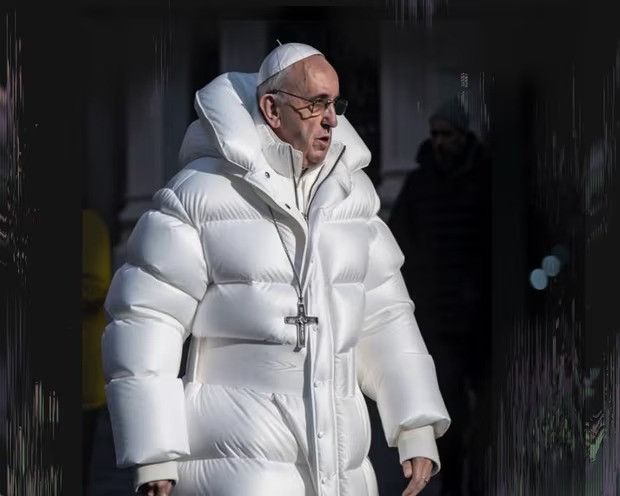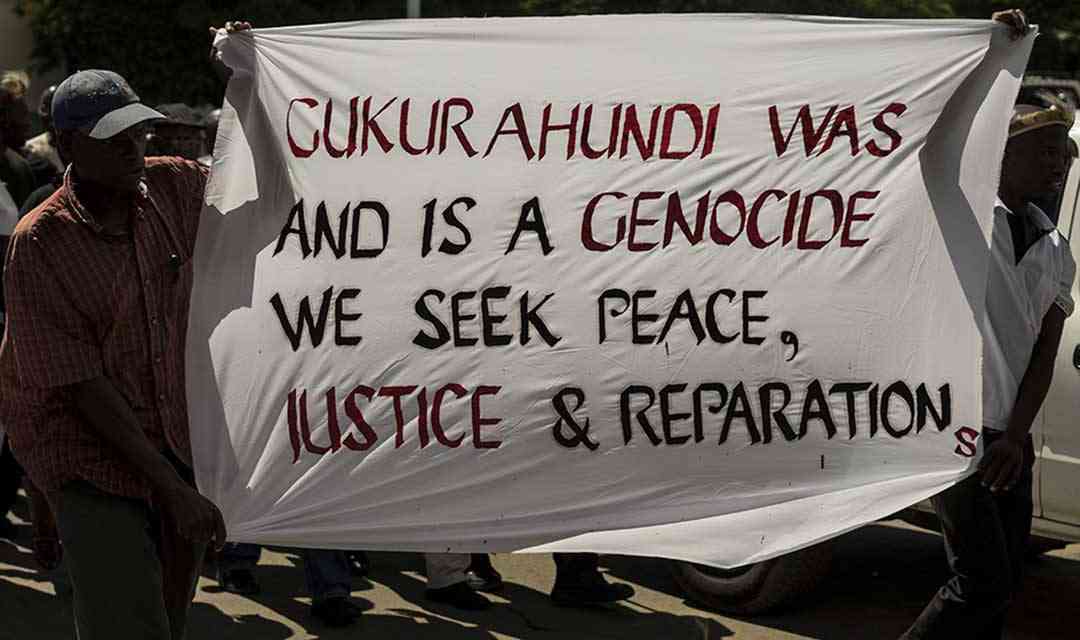
The Danish government is to clamp down on the creation and dissemination of AI-generated deepfakes by changing copyright law to ensure that everybody has the right to their own body, facial features and voice.
The Danish government said on Thursday it would strengthen protection against digital imitations of people’s identities with what it believes to be the first law of its kind in Europe.
Having secured broad cross-party agreement, the department of culture plans to submit a proposal to amend the current law for consultation before the summer recess and then submit the amendment in the autumn.
It defines a deepfake as a very realistic digital representation of a person, including their appearance and voice.
The Danish culture minister, Jakob Engel-Schmidt, said he hoped the bill before parliament would send an “unequivocal message” that everybody had the right to the way they looked and sounded.
He told the Guardian: “In the bill we agree and are sending an unequivocal message that everybody has the right to their own body, their own voice and their own facial features, which is apparently not how the current law is protecting people against generative AI.”
He added: “Human beings can be run through the digital copy machine and be misused for all sorts of purposes and I’m not willing to accept that.”
The move, which is believed to have the backing of nine in 10 MPs, comes amid rapidly developing AI technology that has made it easier than ever to create a convincing fake image, video or sound to mimic the features of another person.
- GCC grinding to a halt
- Letter from America: Is former president Donald Trump a hero or villain?
- Chidzivo, Tarakinyu clinch Kabag honours
- Letter from America: Is former president Donald Trump a hero or villain?
Keep Reading
The changes to Danish copyright law will, once approved, theoretically give people in Denmark the right to demand that online platforms remove such content if it is shared without consent.
It will also cover “realistic, digitally generated imitations” of an artist’s performance without consent. Violation of the proposed rules could result in compensation for those affected.
The government said the new rules would not affect parodies and satire, which would still be permitted.
“Of course this is new ground we are breaking, and if the platforms are not complying with that, we are willing to take additional steps,” said Engel-Schmidt.
Other European countries, he hopes, will follow Denmark’s lead. He plans to use Denmark’s forthcoming EU presidency to share its plans with his European counterparts.
If tech platforms do not respond accordingly to the new law, they could be subject to “severe fines”, he said, and it could become a matter for the European Commission. “That is why I believe the tech platforms will take this very seriously indeed,” he added.
There is a lot at stake
The world’s most powerful man is using his office to punish journalistic organisations that won’t follow his orders or who report critically on his policies. Donald Trump’s actions against the press include bans, lawsuits and hand-picking his own pool of reporters.
But the global threat against the press is bigger than just Trump.
Economic and authoritarian forces around the globe are challenging journalists’ ability to report. An independent press, one that those in power can’t simply overrule, is crucial to democracy. Figures such as Trump and Hungary’s Viktor Orbán want to crush it through exclusion and influence.
The Guardian is a global news organisation that will stand up to attacks on the free press. We have no interest serving those with immense power or immense wealth.
We are owned by an independent trust devoted only to protecting and defending our journalism. That means we don’t have a billionaire owner dictating what our reporters can cover or what opinions our columnists can have, or shareholders demanding a quick return.
The global situation is shifting hour by hour, making this an extremely challenging moment. It will take brave, well-funded, committed, quality journalism to call out what is happening.
Our job is to make sure we do not get overwhelmed as Trump floods the zone. We must focus on the stories that will make the biggest impact on people’s lives, while holding the powerful to account. We’ll also continue to focus on the ideas people need to create a better world: a reason for hope.
As the writer and Guardian columnist Rebecca Solnit says: “authentic hope requires clarity … and imagination”.
The Guardian can provide both and, with the help of readers like you in Zimbabwe, we can drive hope by reporting truthfully on what is happening and never pulling our punches.
A lot is at stake.






